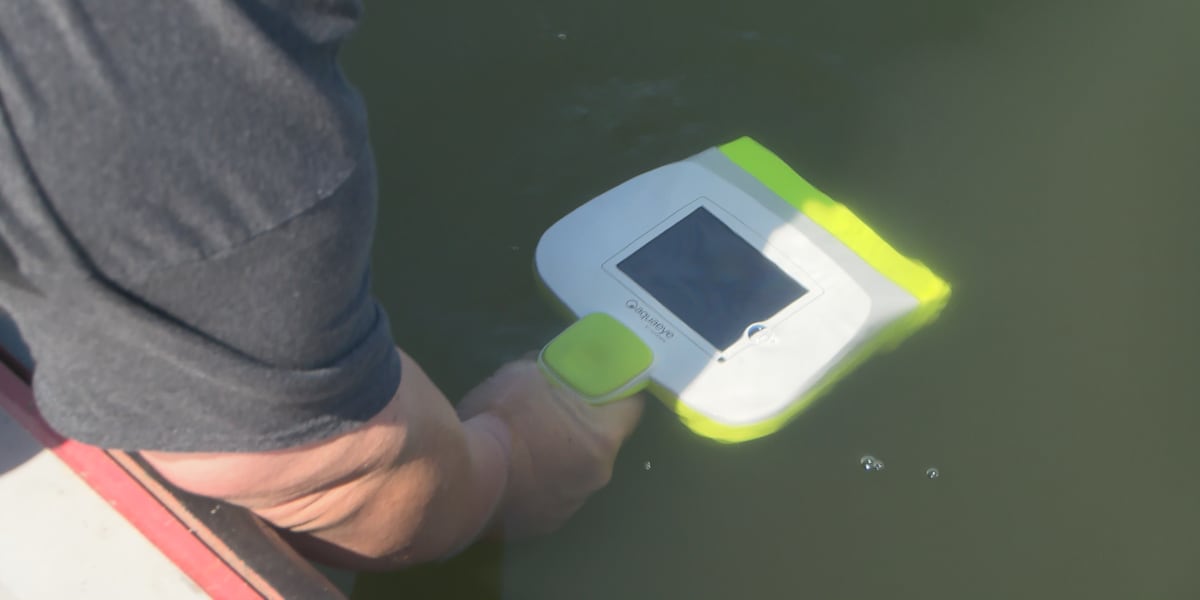FRCS Nets $80 Million in Unpaid VAT Using Innovative Tech-Fieldwork Approach

Suva, Fiji – The Fiji Revenue and Customs Service (FRCS) has achieved a significant victory in recovering unpaid Value Added Tax (VAT), announcing the discovery of approximately $80 million in outstanding amounts. This success is attributed to a novel strategy combining cutting-edge technology with traditional fieldwork, marking a shift in FRCS’s approach to tax recovery.
According to Shavindra Nath, Director of Corporate Services at FRCS, the breakthrough came through a unique “mixing and matching” exercise. This innovative method involved meticulously comparing VAT input and output data, identifying discrepancies that indicated potential underreporting or evasion. Essentially, FRCS is leveraging data analytics to pinpoint anomalies that would be difficult to detect through conventional auditing methods alone.
“We’re not just relying on traditional audits,” explained Nath. “This new approach allows us to analyze large volumes of data quickly and efficiently, identifying patterns and inconsistencies that point to unpaid VAT. Then, our field officers follow up with targeted investigations to verify the findings and ensure compliance.”
The Technological Edge: Data Analytics and Risk Profiling
The “mixing and matching” exercise is powered by sophisticated data analytics tools. FRCS is employing algorithms to automatically flag transactions that deviate from expected norms. This allows tax officials to prioritize investigations based on risk profiles, focusing on areas where the potential for non-compliance is highest. The system analyzes a multitude of factors, including transaction volumes, industry benchmarks, and historical payment patterns, to identify suspicious activities.
Fieldwork: Verifying and Enforcing Compliance
While technology plays a crucial role in identifying potential issues, the fieldwork component is essential for verification and enforcement. FRCS field officers conduct thorough investigations, reviewing business records, interviewing stakeholders, and ensuring that businesses are accurately reporting their VAT obligations. This combination of data analysis and on-the-ground verification ensures a robust and effective approach to tax recovery.
Impact and Future Plans
The recovery of $80 million in unpaid VAT represents a substantial boost to Fiji's public finances. This revenue can be used to fund essential public services, such as healthcare, education, and infrastructure development. The FRCS plans to expand this technology-driven approach to other areas of tax collection, including income tax and excise duties. They are also exploring opportunities to enhance data sharing with other government agencies to further improve compliance and combat tax evasion.
“This is just the beginning,” Nath stated. “We are committed to using technology and innovative strategies to ensure that all taxpayers are fulfilling their obligations, contributing to a fair and equitable tax system for Fiji.”
The success of FRCS demonstrates the power of combining technological advancements with traditional enforcement methods to enhance tax collection and strengthen the nation's financial stability. It also sets a precedent for other revenue authorities in the region to consider adopting similar approaches.





